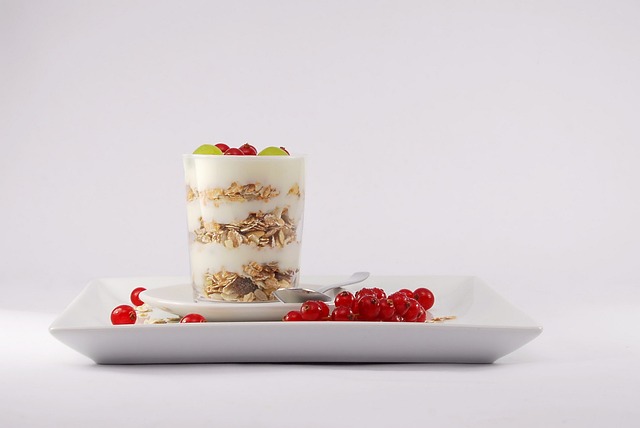The Gut-Brain Axis: Harnessing the Potential of Probiotics for Mental Clarity
The gut-brain axis is a bidirectional communication network linking the gastrointestinal tract and the central nervous system. Recent research has shown that the gut microbiota, the community of microorganisms residing in our digestive system, plays a crucial role in this axis. In fact, the gut microbiota has been implicated in various physiological processes, including digestion, metabolism, and immune function. But did you know that it also affects our mental health and cognitive function? This is where probiotics come into play.
Understanding the Gut-Brain Axis
The gut and the brain are connected through a complex network of nerves, hormones, and biochemical signaling pathways. The gut microbiota produces a wide range of bioactive molecules, including neurotransmitters and metabolites, which can influence brain function and behavior. These compounds can travel through the bloodstream and reach the brain, modulating neuronal activity and neurotransmitter synthesis.
Furthermore, the gut microbiota interacts with the immune system and influences the production of inflammatory cytokines. Chronic inflammation in the gut can lead to increased permeability of the intestinal lining, allowing bacteria and toxic byproducts to enter the bloodstream. This phenomenon, known as leaky gut, has been associated with various mental health disorders, such as anxiety, depression, and cognitive decline.
The Role of Probiotics
Probiotics are live microorganisms that confer health benefits when consumed in adequate amounts. These beneficial bacteria can help restore the balance of the gut microbiota and improve gut barrier function. By reducing intestinal permeability and preventing the translocation of harmful molecules, probiotics can contribute to a healthier gut-brain axis.
Studies have shown that certain strains of probiotics, such as Lactobacillus and Bifidobacterium species, have anxiolytic and antidepressant effects. These probiotics enhance the production of neurotransmitters like serotonin, which plays a crucial role in mood regulation. They also reduce the levels of stress hormones like cortisol, thereby promoting a state of relaxation and mental well-being.
Additionally, probiotics can modulate the immune response and reduce inflammation in the gut. By doing so, they help protect the intestinal lining and prevent the release of pro-inflammatory molecules that can negatively impact brain function. This anti-inflammatory effect of probiotics has been linked to improvements in cognitive function and memory.
The Evidence Behind Probiotics and Mental Clarity
A growing body of research supports the use of probiotics for enhancing mental clarity and cognitive function. Several clinical trials have shown positive results in various populations, including healthy individuals, patients with psychiatric disorders, and older adults.
For example, a study published in the journal Frontiers in Psychiatry found that a combination of Lactobacillus and Bifidobacterium strains significantly reduced depressive symptoms in patients with major depressive disorder. Another study published in the Journal of Alzheimer’s Disease showed that a specific probiotic formulation improved cognitive function in elderly participants with mild cognitive impairment.
While the exact mechanisms underlying these effects are still being investigated, the evidence suggests that probiotics have the potential to improve mental clarity by modulating the gut microbiota and reducing inflammation.
Incorporating Probiotics into Your Routine
If you’re interested in harnessing the potential of probiotics for mental clarity, there are several ways to incorporate them into your routine:
- Probiotic Supplements: Look for high-quality probiotic supplements that contain a variety of strains, including Lactobacillus and Bifidobacterium species. Follow the recommended dosage instructions provided by the manufacturer.
- Fermented Foods: Foods like yogurt, kefir, sauerkraut, and kimchi naturally contain probiotics. Include these foods in your diet to increase your probiotic intake.
- Prebiotic Foods: Prebiotics are non-digestible fibers that act as food for the beneficial bacteria in your gut. Foods like garlic, onions, bananas, and whole grains are rich in prebiotics and can support the growth of probiotics.
Remember that the effects of probiotics are strain-specific,







